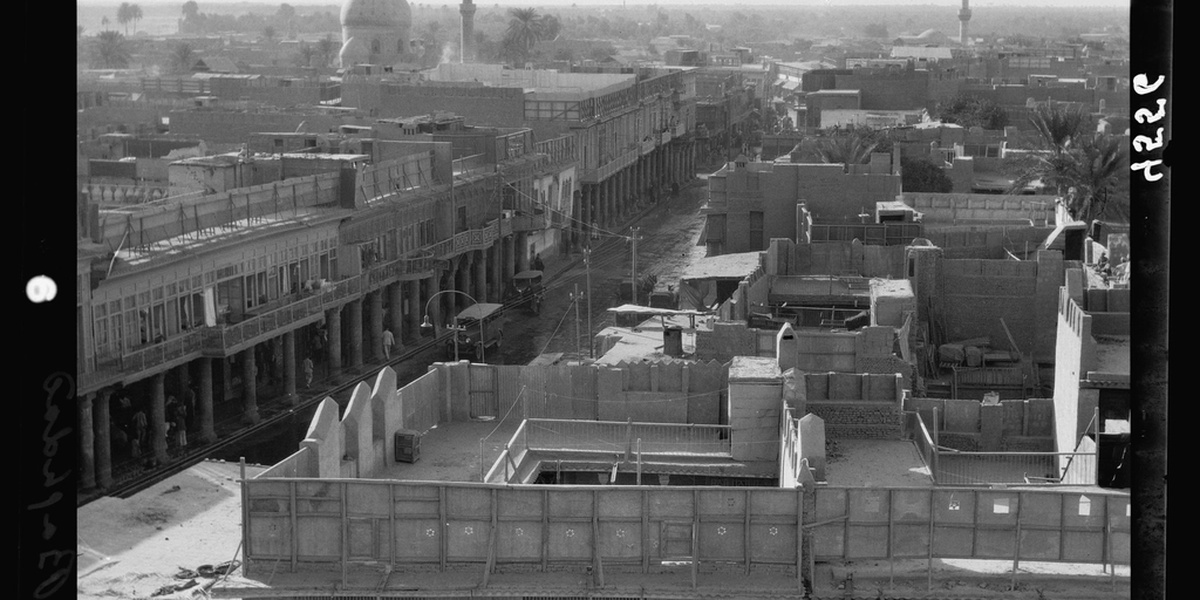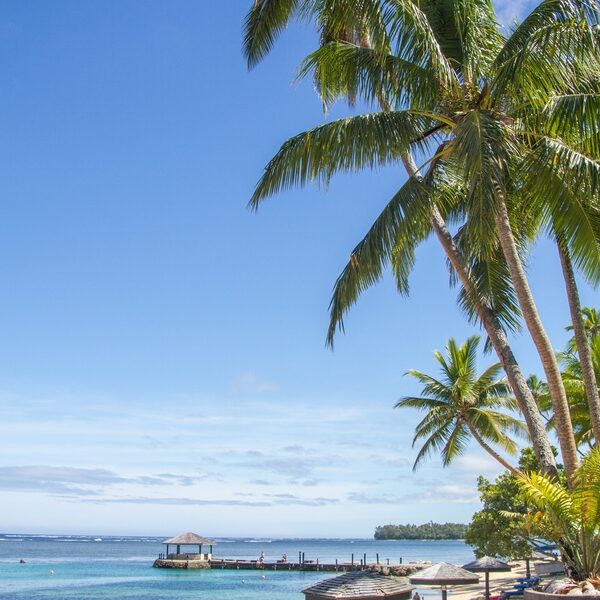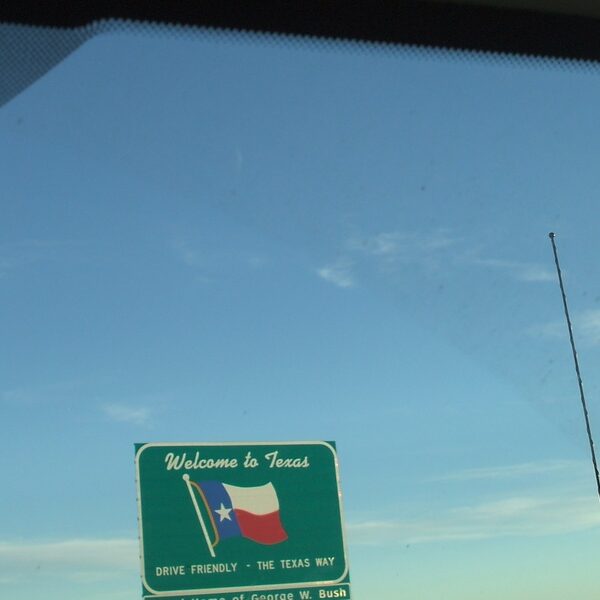Iraq is the birthplace of urban civilization—Mesopotamia (circa 3500 BCE)—a long human story that still shapes daily life and opportunity today.
Public discussion about the country often focuses on security and politics, which can obscure everyday advantages that many residents experience: steady jobs in oil and rebuilding, deep cultural life, and living patterns that keep daily costs lower than many regional capitals.
Despite well-known challenges, the thesis here is simple: Iraq offers ten concrete benefits—from meaningful employment in energy and construction to rich cultural life and growing opportunities in agriculture and renewables—that make it an attractive option for many residents and returnees.
This piece groups those benefits into four categories—economic, cultural, lifestyle, and resources/innovation—and then explains specific local examples and real-world impacts.
Economic and Job Opportunities
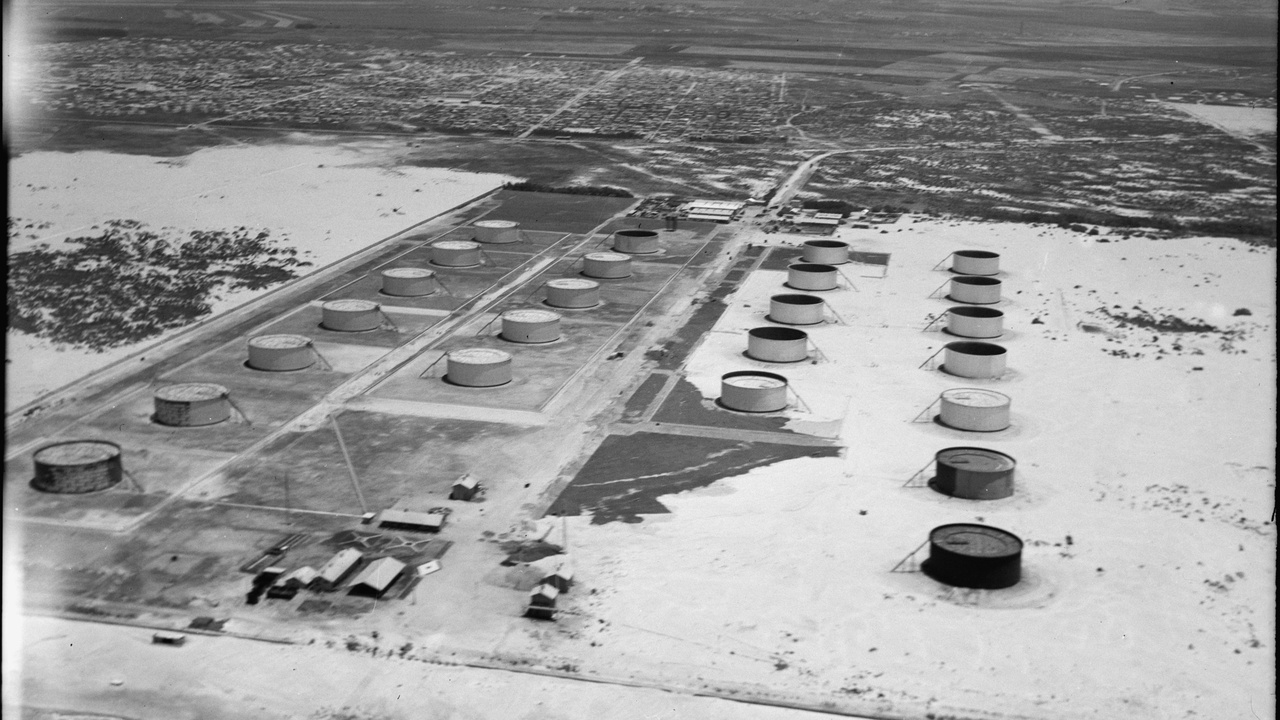
Economic opportunity matters because steady work and trade underpin household stability and the ability to plan for the future. Below are three clear ways Iraq’s economy produces jobs and incomes across regions and skill levels.
1. Stable employment in the energy sector
The hydrocarbon industry remains a major employer and the main source of national export revenue.
Iraq holds among the world’s largest proven oil reserves—roughly 145 billion barrels—and crude sales account for the lion’s share of export earnings (see World Bank, IEA data).
That reality creates well-paying roles for engineers, field technicians, transport crews and port services, and it supports a network of local suppliers and service firms in the south, especially around Basra where international companies operate under service contracts (examples include ExxonMobil and Shell among others).
For many households in Basra and nearby towns, energy-sector employment translates into stable monthly incomes and subcontractor work for local firms handling logistics, catering, and equipment maintenance.
2. Strategic location for trade and logistics
Iraq’s geography places it at a crossroads between the Gulf and the Levant, which matters for commerce and jobs.
Basra’s ports and export terminals handle oil and non-oil cargo, while overland corridors link Iraqi cities with Iran, Turkey and neighboring Gulf states, creating demand for trucking firms, warehousing, freight-forwarders and customs professionals.
Growth in regional trade routes supports local logistics companies and haulage crews, and it provides opportunities for entrepreneurs running small warehouses, repair shops and cross-border forwarding operations.
3. Reconstruction and construction-sector demand
Post-conflict reconstruction and infrastructure upgrades drive consistent demand for construction, engineering and related services.
Public and private investment—backed in part by international loans and development programs (see World Bank estimates)—funds housing projects, road rehabilitation and public building restoration in Baghdad and in the Kurdistan Region.
The result: steady work for masons, electricians, truck drivers and small contractors, with many municipal and private contracts routed to local firms and subcontractors, helping sustain city economies and household incomes.
Cultural, Religious and Historical Advantages
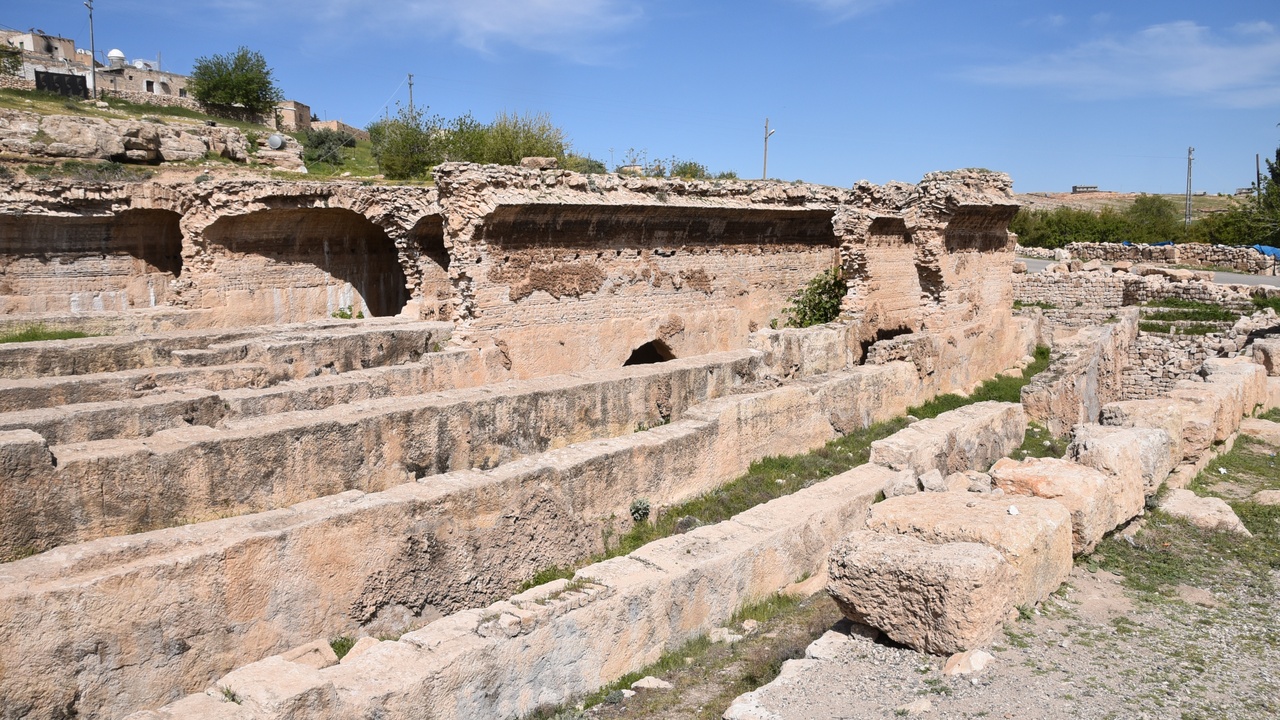
Iraq’s millennia-old history and religious sites shape daily life, contribute to social cohesion, and support local economies through tourism and pilgrimage-related services.
4. Rich historical sites and tourism potential
Iraq’s archaeological heritage stretches back to Mesopotamia (circa 3500 BCE), and the country hosts several UNESCO-listed monuments and archaeological zones.
When cultural tourism is supported by conservation and safe access, it boosts jobs for guides, museum staff, hoteliers and restaurateurs; recent restoration and research work at Babylon and the Erbil Citadel shows how preservation can create steady employment (see UNESCO references).
Local universities and museums also train archaeologists and conservators, anchoring a small but growing heritage economy in cities such as Erbil and Baghdad.
5. Living traditions, crafts, and cuisine
Everyday culture—music, food and handcrafts—adds to quality of life and supports small businesses.
Signature dishes like masgouf (river-grilled fish), family-run bakeries and tea houses, plus craft markets selling carpets, metalwork and pottery, keep money circulating in neighborhoods and create informal entrepreneurship opportunities in Baghdad, Basra and Erbil.
Artisanship and seasonal festivals also draw visitors to local markets and sustain multi-generational family businesses.
6. Religious significance and pilgrimage economies
Cities such as Najaf and Karbala are major Shia pilgrimage destinations and attract millions around key observances.
Large pilgrimage seasons generate sustained activity for hotels, eateries, transport operators and street vendors; estimates for events like Arbaeen often describe attendance in the multi-millions, and those visits provide predictable revenue spikes for local businesses and many informal service providers.
Communities around these cities have built hospitality networks—guesthouses, volunteer kitchens and retail clusters—that support both pilgrims and year-round employment.
Everyday Life and Community Benefits
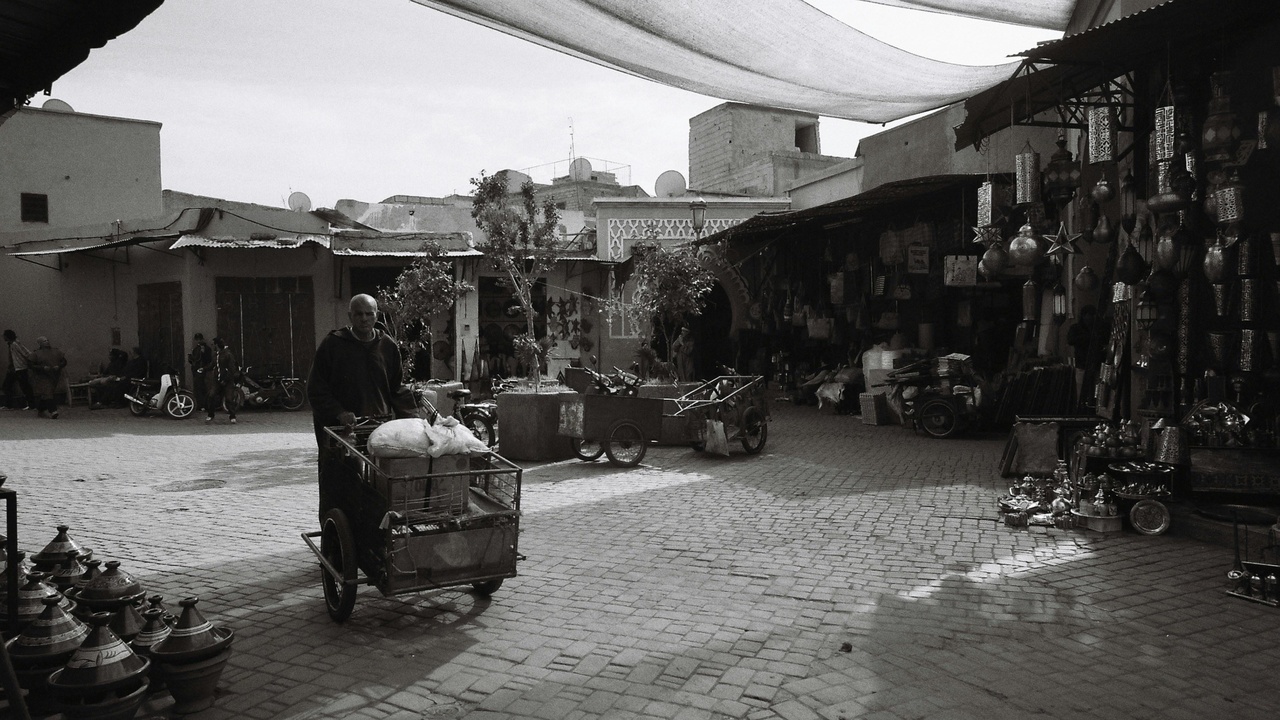
Beyond headline economics, daily life in many Iraqi communities offers practical advantages: affordable basics in many neighborhoods, and dense family and neighborhood networks that function as social safety nets.
7. Affordable cost of living in many regions
Compared with several regional capitals, everyday costs for food, local transport and rents outside premium districts can be relatively low.
In mid-sized cities and many suburbs, modest apartments and local markets allow households to stretch incomes further—basic rents for simple one-bedroom units are often much lower than in Gulf cities, and street markets supply affordable fresh produce and staples.
Lower overheads also make it easier for small businesses to start: a family-owned shop or café can open with far smaller monthly commitments than in wealthier Gulf hubs.
8. Strong family and community networks
Extended-family living and tight neighborhood ties create informal support systems that help households manage risk.
Practical examples include shared childcare, intergenerational housing, informal lending circles and job referrals through relatives and neighbors, plus community-run celebrations and volunteer networks that mobilize quickly during crises.
These networks contribute to mental health, resilience and day-to-day convenience—family-run shops and corner cafés often double as local information hubs.
Natural Resources, Environment and Emerging Sectors
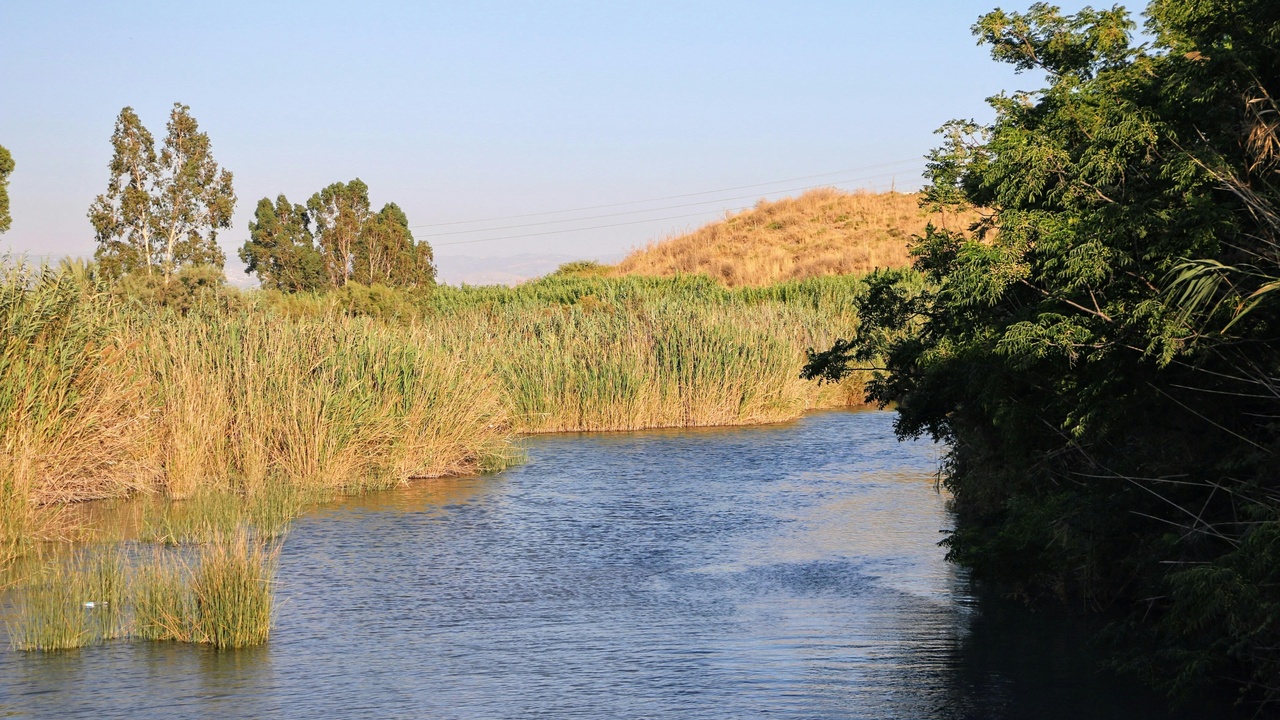
Iraq’s natural-resource base and early signs of diversification give residents additional livelihood options in farming, renewable pilots and small-scale tech businesses.
9. Agricultural potential and local food production
The fertile alluvial plains along the Tigris and Euphrates have long made Iraq an agricultural breadbasket for the region.
With irrigated belts and strong traditions in date cultivation, grain growing and market gardening, agriculture supports rural incomes and urban food supplies; international agencies such as the FAO and the World Bank have documented opportunities to raise productivity through irrigation and extension services.
Concrete examples include date palm production in the south that supplies domestic markets and export channels, and smallholder irrigation projects that feed city markets and sustain agro-processing jobs.
10. Emerging renewable-energy and entrepreneurship opportunities
Iraq’s abundant sun and growing private-sector activity create openings in solar, mini-grids and tech entrepreneurship, especially in urban centers and the Kurdistan Region.
Pilot solar installations for clinics, schools and small businesses are reducing reliance on diesel generators, while incubators and startups in Erbil and Baghdad are beginning to attract local funding and mentorship (see IFC reports on energy pilots).
These nascent sectors create technical jobs, opportunities for local installers and service firms, and alternative avenues for economic diversification beyond oil.
Summary
If you’re weighing the benefits of living in Iraq, consider how economic scale, cultural depth and everyday community life combine with emerging sectors to create real opportunities.
- Energy-sector jobs and export revenues anchored in Basra’s fields and ports that support engineers, technicians and local suppliers.
- Reconstruction and logistics work in Baghdad and regional corridors that sustain contractors, haulage firms and small businesses.
- World-class cultural and religious sites—Erbil, Babylon, Najaf and Karbala—driving tourism, pilgrimage economies and heritage jobs.
- Everyday advantages like relatively affordable living in many neighborhoods and strong family/community networks that provide practical support.
- Natural-resource strengths and early moves into agriculture, solar pilots and startups (notably in Erbil) that point to diversification beyond oil.

